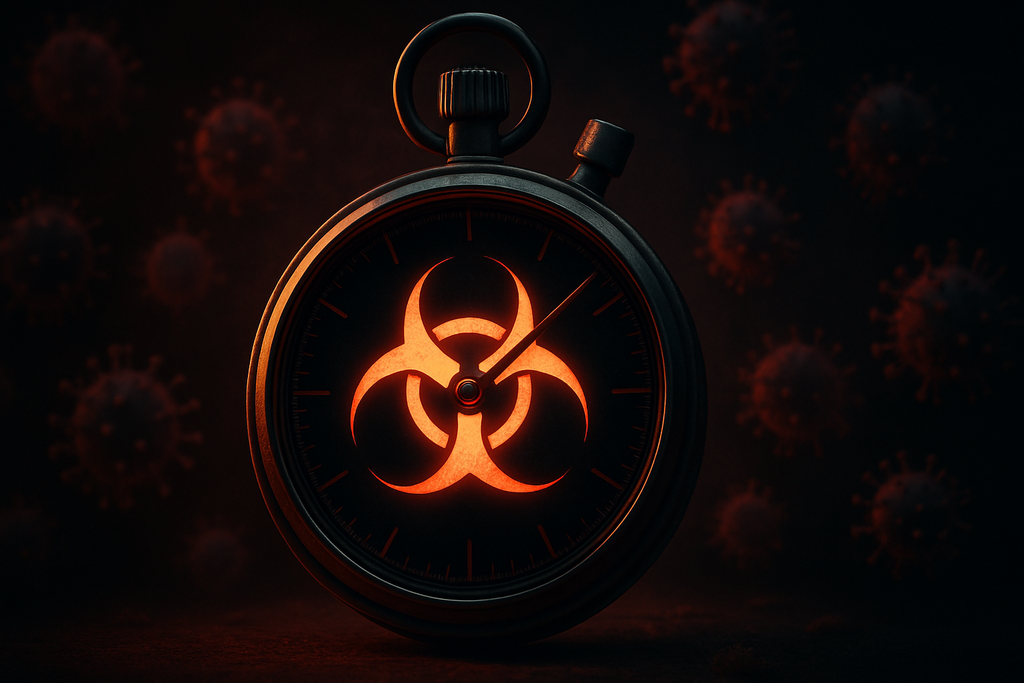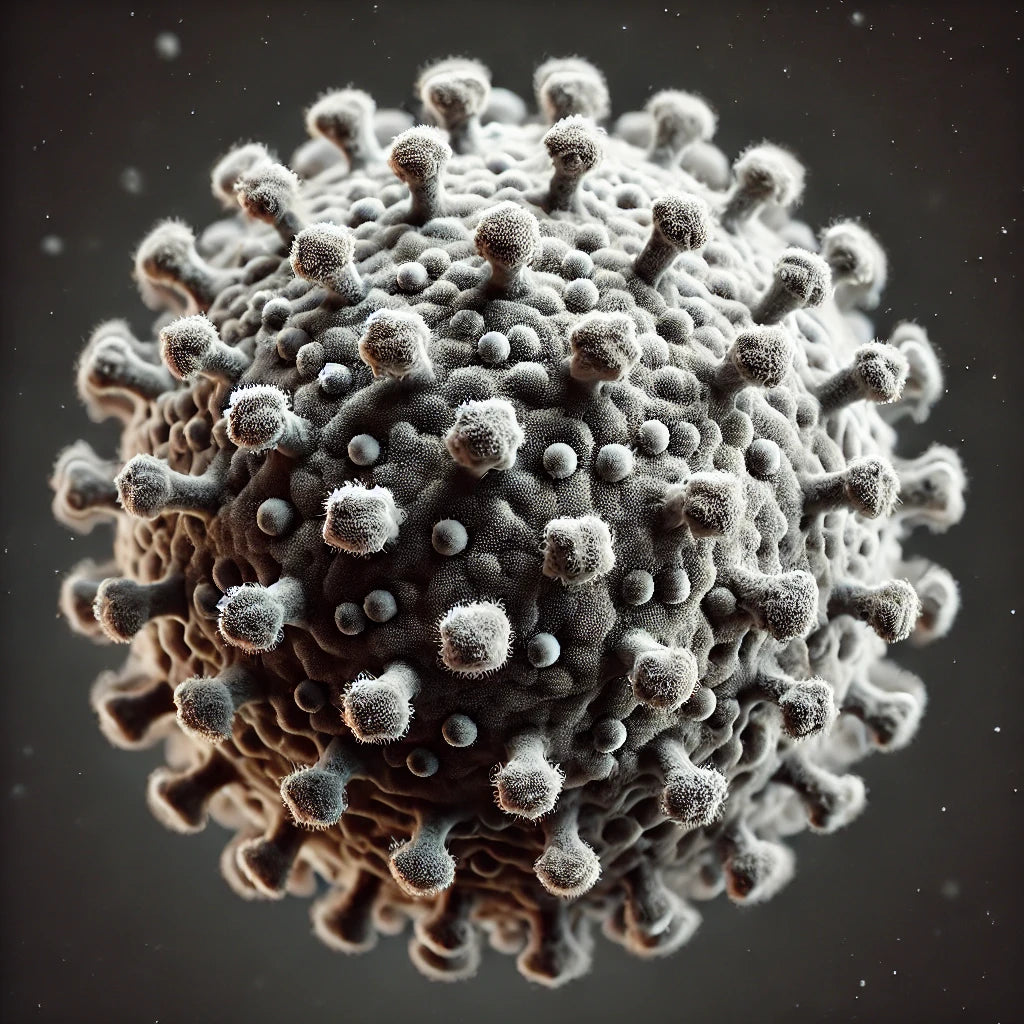News — zoonotic diseases
What is Disease X? Understanding Future Pandemic Threats
CEPI climate change and disease Disease X emerging pathogens future pandemics global health strategy global health threat mRNA vaccines One Health pandemic forecasting pandemic preparedness pandemic prevention pandemic risks R&D Blueprint unknown viruses vaccine platforms virus mutation virus surveillance WHO disease list zoonotic diseases
It sounds like the title of a sci-fi thriller—“Disease X”—an unknown virus capable of sparking the next global health crisis. Yet this isn’t fiction. Coined by the World Health Organization (WHO), Disease X is a real-world placeholder for a future pathogen we haven’t yet identified, one that could unleash another pandemic with potentially catastrophic consequences.
Far from fearmongering, the concept of Disease X serves as a wake-up call for global preparedness. As new viruses spill over from animals to humans with increasing frequency, understanding the implications of Disease X is critical. This article explores what Disease X represents, why it matters, and how governments, scientists, and individuals can prepare for what’s next.
Monkeypox Transmission: How Does it Spread?
animal-to-human transmission bushmeat close contact transmission contaminated surfaces endemic regions human-to-human transmission hygiene practices infectious diseases monkeypox prevention monkeypox spread monkeypox symptoms monkeypox transmission monkeypox vaccine Orthopoxvirus public health respiratory droplets viral infection viral outbreaks zoonotic diseases
The virus, which originates from animals such as rodents and primates, can jump to humans through direct contact with infected animals or contaminated materials. However, human-to-human transmission is also possible, primarily through close contact, respiratory droplets, and bodily fluids. In this article, we will explore the various transmission routes of monkeypox and offer insights into how the virus spreads, its symptoms, and ways to prevent it.


